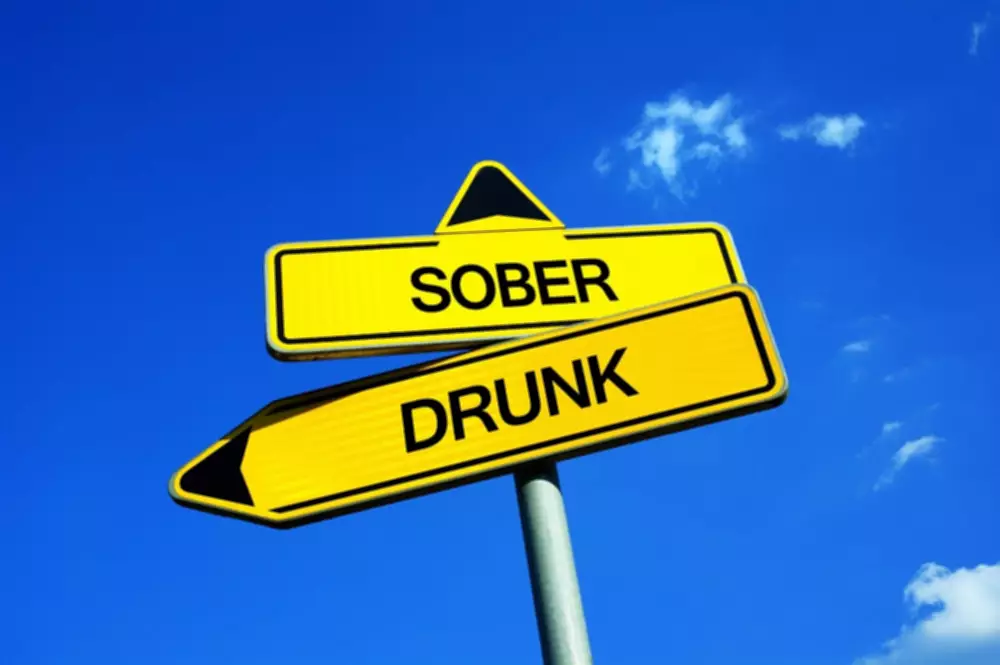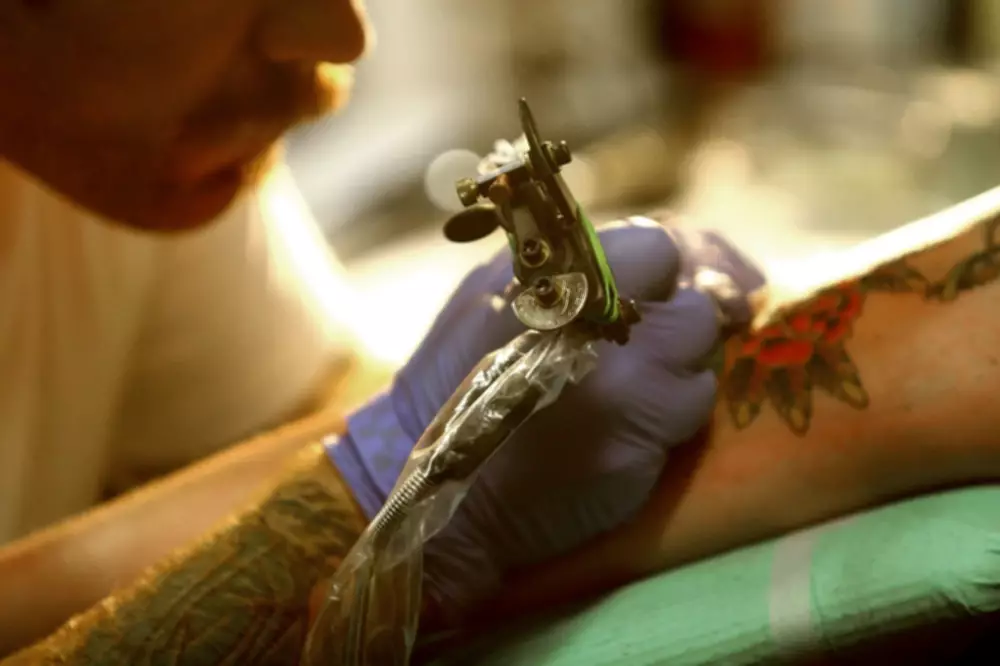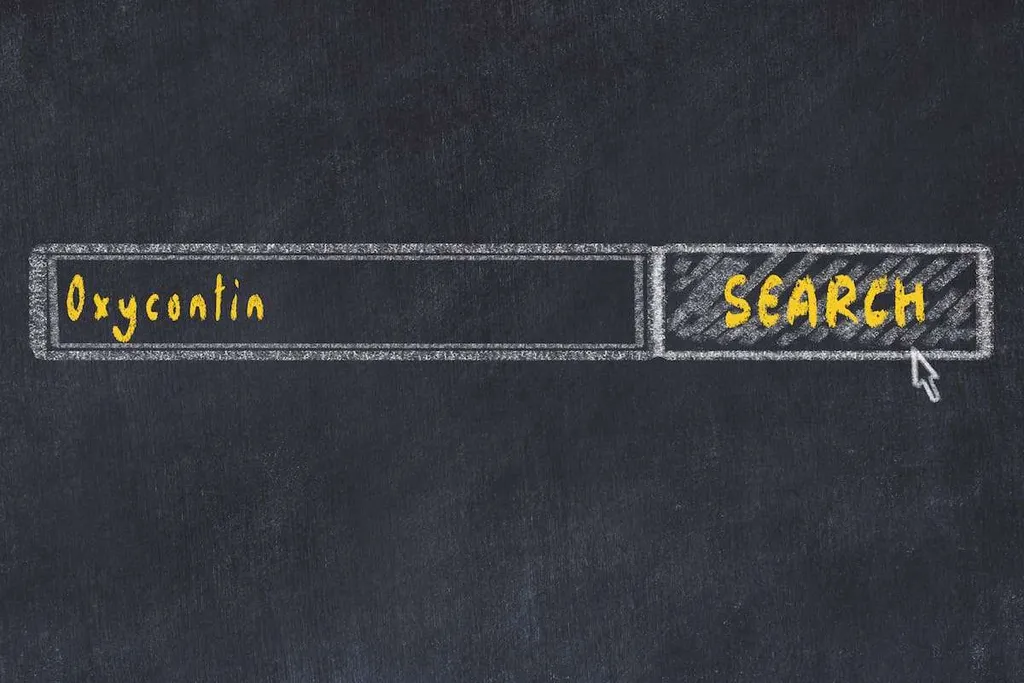
To mitigate the effects of alcohol-induced brain fog, it’s not just about waiting for time to pass—lifestyle changes can have a significant impact. Abstaining from alcohol is the critical first step towards improved cognitive function. Eating a well-balanced diet is also crucial, as it helps replenish nutrients that may be depleted as a result of alcohol abuse.
What to Do When Experiencing Brain Fog After Drinking
This is due to dead neurons that alcohol kills in the process of methanol poisoning. Alcohol also steals your sleep by triggering snoring, disrupting REM sleep patterns, or keeping you from falling into a sound slumber. Brain fog in addiction recovery can be frustrating to overcome, especially when you’re attempting to focus on proper coping skills and therapy. Alcohol impairs GABA, a calming neurotransmitter that reduces anxiety and stress levels in the brain.
A Timeline for the Restoration of Cognitive Abilities after Quitting Alcohol
The physical benefits of quitting drinking happen alcohol brain fog faster, and the cognitive benefits lag behind a bit. From my own personal experience and what I’ve seen with my community is that around day 60 there has been enough healing to the brain that we feel a burst of mental clarity. The duration of brain fog after drinking can vary depending on several factors.
Consider starting a healthy withdrawal program
Processed foods are high in sugar and unhealthy fats, which can lead to inflammation and impair brain function. In this article, we will discuss eight different methods that you can use to clear your head and feel like yourself again and even improve your brain health in the long run. The Reframe app equips you with the knowledge and skills you need to not only survive drinking less, but to thrive while you navigate the journey. Our daily research-backed readings teach you the neuroscience of alcohol, and our in-app Toolkit provides the resources and activities you need to navigate each challenge. Use of this site constitutes acceptance of Sober Recovery’s “Terms of Use”, “Privacy Policy”, “Cookie Policy”, and “Health Disclaimer”. The material on this site is for informational purposes only, and is not a substitute for medical advice, diagnosis or treatment provided by a qualified health care provider.
- Thankfully, there are plenty of ways that you can do to treat brain fog naturally and alcohol addiction safely, and enhance your brain function, such as the ways we listed above.
- A multidisciplinary approach that combines medical and psychological expertise with supportive therapies and lifestyle changes can offer the best chance for overcoming alcohol-induced brain fog.
- It slows down our perception, processing speed, learning abilities, memory, and decision-making skills.
- Structural changes in the brain from sustained sobriety can enhance certain cognitive capacities, reflected by increased brain volume in relevant regions.
How Alcohol Affects Dopamine and Brain Health

Blackouts are common with heavy drinking, which can result in side effects of alcohol after use. Additionally, specialized treatment centers offer personalized services that blend holistic and evidence-based therapies to support individuals at each step of their recovery journey. Comprehensive programs cater not only to withdrawal but also to the longer-term process of cognitive healing and personal growth. By consulting a healthcare provider, individuals can receive medication, therapy, and referrals to recovery programs that align with their specific circumstances. Additionally, healthcare providers can aid in monitoring progress and adjusting treatment plans as recovery advances. Some people may notice improvements in memory, verbal skills, and decision-making abilities, but not everyone will experience the same recovery outcomes.
Start building healthier drinking habits today.

A study from 2013 also showed that dehydration from moderate alcohol consumption has a significant effect on cognitive function. Moderate drinking is typically defined as one drink or more for https://ecosoberhouse.com/ women, two drinks or more for men, or anything that raises your blood alcohol level to 0.08% or higher. An excessive amount of dehydration from lots of alcohol consumption in one night is a common reason why you might get a hangover headache the next day. Your brain is made up of about 73% water, so it needs enough of it to function properly.
Related Symptoms
- People with chronic pain, long COVID, sleep deprivation, or malnutrition are among those who commonly experience brain fog.
- Fatigue and exhaustion are major issues during the early stages of sobriety.
- Melody is here to help as you adjust to a life with less (or no) alcohol.
- Create for the sole purpose of creating and leave any desire for perfection behind.
When we’re dehydrated, our brain function can become significantly impaired. This is why people who are severely dehydrated get easily confused and disoriented — sometimes even becoming delirious. After the first few days of recovery, you will start to notice that the brain fog seems to lessen.
- The severity of these alcohol withdrawal symptoms isn’t limited to just physical symptoms.
- The chronic consumption of alcohol can lead to brain atrophy, causing oxidative stress and cell injury.
The resulting deficiencies can lead to cognitive impairment and alcohol-related brain damage. So when you’re managing stress or anything to do with your mood, you can be sure that dopamine is involved. It even helps to protect your gastrointestinal lining and works with your immune system – it’s everywhere! That’s why it’s so important to do what you can to stay healthy alcoholism symptoms and make sure your body is making enough of it and using it efficiently. If someone exhibits these symptoms, it is crucial to seek immediate medical attention by calling 911 or the local emergency number. Do not hesitate to reach out for help, as the effects of alcohol poisoning can be life-threatening.

How Does Alcohol and Brain Fog Impact Early Sobriety?
Dehydration can contribute to brain fog, so it’s important to drink plenty of fluids, especially water, after drinking alcohol. Once the fog clears, you should see your situation in a new light, and this is the moment when you will discover just how good it feels to be sober. While you will have been working through the issues that affect your addiction during the brain fog, you will get a renewed chance to focus even more on getting better. Any brain that’s been the victim of extended substance abuse certainly couldn’t be harmed by a memory or concentration exercise.